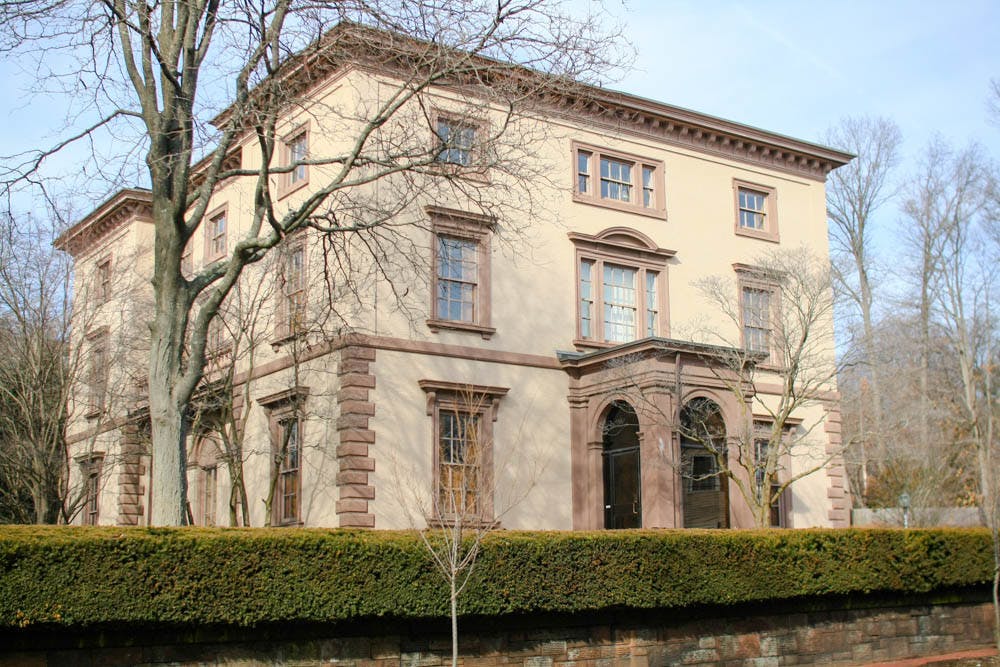Susanna Loeb will assume the position of director of the Annenberg Institute for School Reform July 1 2018, wrote Provost Richard Locke in a community-wide email in August. Loeb is currently a professor of education and the director of the Center for Education Policy Analysis at Stanford University.
Loeb will lead Annenberg as the institute expands its focus to not just be “focused on school reform, but to think about educational inequality,” Locke said, adding that the University envisions the institute will be “one of the country’s leading institutes for applied social science related to education policy and issues of inequality.” This shift occurred after a team of faculty conducted a program review of Annenberg last year and recommended a broadening and subtle reshaping of the institute’s focus.
President Christina Paxson P’19 “has put a high priority on research that’s translatable … into policy. And the Annenberg will help us, along with some other centers that we’ve been working on for the last five years or so, to magnify that effort,” said Dean of the Faculty Kevin McLaughlin P’12, who served on the search committee for the new director.
The search committee sought to find a new director who could execute this pivot, Locke said, who chaired the search committee.
Both Locke and McLaughlin expressed enthusiasm and respect for Loeb. “She’s incredibly energetic, she’s smart, she’s personable, she builds bridges, she deeply cares about the issues,” Locke said.
McLaughlin also emphasized that Loeb is “coming from directing one of the most important education policy research centers in the country” at Stanford. Stanford is currently ranked as the best education policy program in the United States by the U.S. News and World Report. McLaughlin commended Loeb for the capability “not only to do great work of her own but also to encourage great work by other people and to coordinate them.”
Loeb’s interests in education reflect the very interdisciplinary approach Annenberg seeks to implement. “While there are lots of institutions that work on issues of education, equality, educational opportunity and education policy, there aren’t very many that spend time considering how universities — and great universities like Brown — can help improve educational opportunity for students,” Loeb said. She was drawn to the position because of “the focus of Annenberg, just kind of the idea of starting over and the resources already at Brown.”
“I think we were very fortunate to find somebody who’s already at the top of her field, but was ready to come and do something new,” McLaughlin said.
As director, Loeb wants to make Annenberg a premier research center and use “the Annenberg influence” to inform decisions about education policy made by government officials, she said.
“If five years from now, we see …a lot of flow between the Annenberg Institute and the social science departments at Brown, that’ll be success,” McLaughlin said, adding that he hopes to see Annenberg be “completely hardwired into the Brown research ecosystem.”





